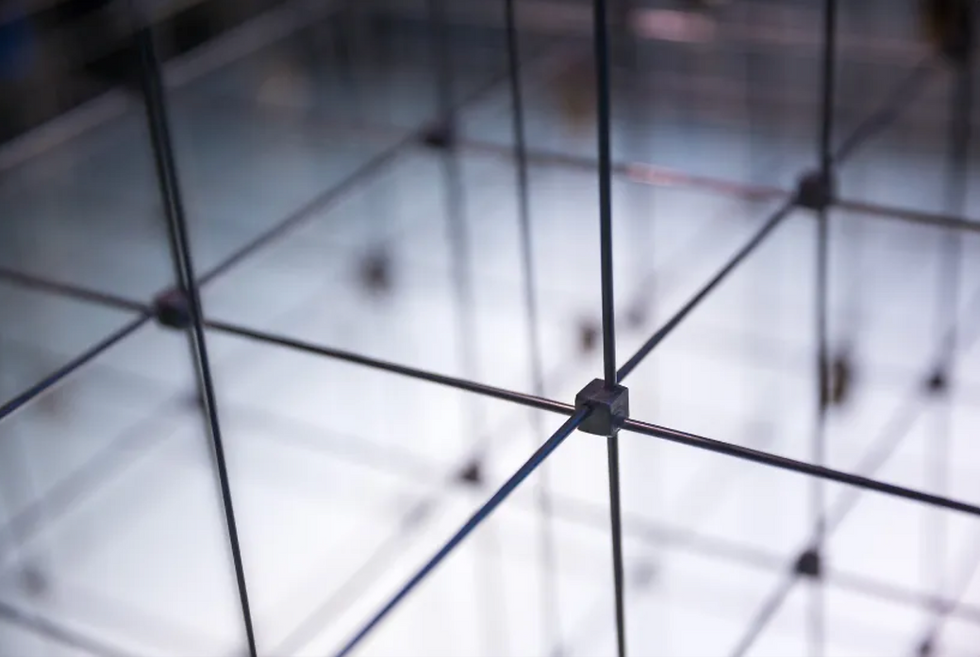Why Is It Important to Live in the Present Moment?
- Dec 16, 2024
- 4 min read
Updated: Feb 21, 2025
Life often pulls us in different directions. One moment we analyze yesterday’s conversation, wondering if we said all teh right things; the next, we worry about future plans that might never materialize the way we imagine. Amid these mental "time travels," we tend to overlook something crucial: being present and enjoying the moment.
It sounds simple, but how often have you sat down to eat breakfast, only to be consumed by thoughts about your to-do list or distracted by a notification on your phone? Perhaps you find yourself worrying about a project deadline or recalling the mess left behind after yesterday’s party. In these moments, you miss the taste of your food or even how quickly you eat it without appreciating the flavors.
Our minds create a constant mental clutter. We dwell on past regrets or unfulfilled dreams and fill our minds with future fears and "what-ifs." In doing so, we lose not just our past but also our present and future.

The Present Is Here and Now
The past, present, and future converge in the now. To better understand why this matters, let’s explore what "time" truly is.
Traditionally, time is seen as a fundamental dimension that measures the progression of events. It's often described as a continuum where events unfold in an irreversible sequence—from past to present to future.
But is this the whole truth?
Modern physics suggests that time may be an illusion. Einstein’s theory of relativity proposes that the universe is a static, four-dimensional block containing all space and time simultaneously. What appears as the future to one observer might be the past to another. This means time doesn’t flow from past to future as we experience it; rather, what we call "time" is a way of tracking change. For instance, the sun rises, moves across the sky, and sets. These changes, which we interpret as the passage of time, are actually movements and transformations within the universe.
In reality, everything happens in the now. The past is merely a collection of memories, and the future exists only in our imagination—as ideas or expectations. The present is the only thing we truly experience.
Thus, "time" is how we mentally organize events.
Revisiting the Concept of Time
Physics reveals that in Einstein’s theory of relativity, there is no universal "now." What one person perceives as the present may appear as the past or future to someone else. This makes time relative—dependent on perspective rather than something fixed.
Consider this simple thought:
When do you think about the future? Only now.
When do you reflect on the past? Again, only now.
You cannot exist outside the present moment.
Breaking Down Time
The Past: You have memories of past events, but your perception of them can change over time. You can revisit the past through your thoughts, but the events themselves don’t move through time.
The Present: This is the only real moment. Everything you think, feel, and do happens now, as time "flows" through you.
The Future: The future exists as possibilities or potential outcomes in your mind, but it hasn’t been experienced yet. You move toward the future based on the actions and choices you make in the present.
In reality, time exists only in our minds. It is a mental model that helps us understand change, but it isn’t independent of our experiences. Our perception of how long something takes is influenced by our focus and engagement.
When doing something enjoyable, time seems to fly; when engaged in a task we dislike, it drags.
Interestingly, the speed at which we move also affects time. The faster you travel, the slower time feels for you compared to someone moving at a slower pace—a concept called "time dilation," as explained by the theory of relativity.
The present is the only moment we can control

Regardless of how much we ponder the past or worry about the future, the only time we have control over is the present. Our thoughts, emotions, and actions in this moment shape tomorrow’s experiences. If you’re always preoccupied with the past or future, you miss the opportunity to make decisions and take actions that align with your goals.
The future is a reflection of the present.
Every future event stems from what you do now. Dwelling on negativity or fear about the future shapes it accordingly. Conversely, focusing on positive thoughts and emotions in the present helps create a future that mirrors those feelings.
Flow: The Power of Present-Moment Awareness
When you fully engage in the present—whether noticing colors, sounds, or sensations—you enter a state of "flow." In this state, you’re completely absorbed in what you’re doing, time seems to disappear, and your actions feel effortless.
Since the future is created in the present, the emotions and actions you cultivate now set the stage for your future experiences.
Reconnecting with the Present
Both the past and future are constructs of the mind. While memories of the past and expectations for the future influence us, they often distract us from appreciating the present moment. By focusing on the now, we connect with reality as it is, allowing us to enjoy life’s simple pleasures—the warmth of the sun, the sound of laughter, or the satisfaction of a deep breath.
One effective way to cultivate this awareness is through meditation—particularly gratitude meditation. This practice helps you ground yourself in the present and fosters a sense of mindfulness.
So the next time you sit down for breakfast, turn off your phone notifications, let go of yesterday’s worries, and focus on the moment. Taste your food, notice the colors around you, or step onto the balcony and feel the sun on your skin. After all, the only moment we truly have is here and now.
With love,
Maria
This article is the intellectual property of Mind Rise Hub and must be credited when shared.


